Palestinian families return home in Gaza after ceasefire to find no home
By Alireza Akbari
A devastated Palestinian mother clutched the remains of her murdered son and delivered a tearful eulogy upon returning to her home after a ceasefire between the Gaza-based Hamas resistance movement and the Israeli regime came into effect on January 19.
Filled with grief, the bereaved mother spoke with emotion about her son Hassan, who was killed in an Israeli strike amid the genocidal war on the besieged Gaza Strip that lasted 471 days.
“I feel like I will find my son. Indeed, we belong to Allah, and indeed to Him we return. Gather his bones for me. Gather everything of him. I swear I feel it. My soul, my son, my heart,” she said.
“You are my only son. O Allah, reward me in my affliction and replace it with something better. I’ve come to you, my son. No one searched for you but me. I couldn’t sleep or find joy until I found you, my son. My son went out and didn’t come back to me.”
Her profound words revealed the pain of countless Gazan families, who returned to what remains of their dwellings in the bruised and battered coastal Palestinian territory.
Her eulogy quickly went viral, with many drawing parallels between her pain and the pain felt by countless Palestinians who returned to the Gaza Strip after more than 15 months of genocide.
The genocidal war reduced the besieged strip to rubble, leaving devastation at every turn.
In October 2023, shortly after the Israeli regime launched a genocidal campaign, it ordered the evacuation of Palestinians in Gaza. The directive rendered hundreds of thousands homeless.
Following the ceasefire, displaced Palestinians started returning to the strip, only to encounter heart-wrenching scenes of destruction. Homes once filled with memories now lie in ruins.
In the southern Gaza city of Rafah, some Palestinians even made their way back before the ceasefire officially took effect, clinging to the hope of reclaiming fragments of what they had lost.
Israel’s unrelenting genocidal campaign in Gaza has pushed the death toll to over 47,000, a staggering figure expected to rise as thousands more bodies are believed to lie beneath the rubble.
According to the Palestinian Civil Defense, the remains of more than 10,000 individuals—yet to be counted in the official toll—are still buried in the ruins across the strip.
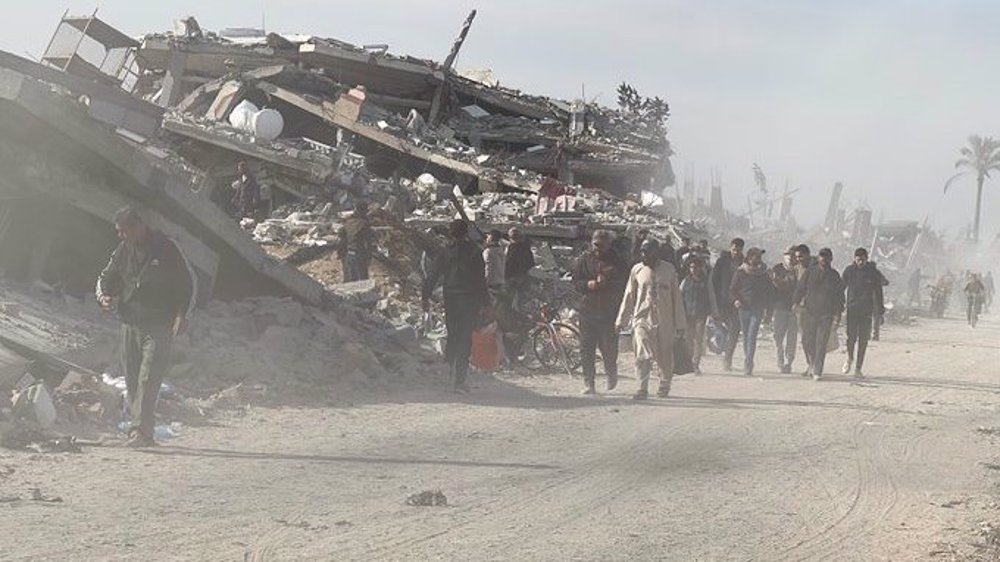
Mahmoud Basal, the Civil Defense spokesman in Gaza, detailed the rescue operations underway.
“Our teams are working tirelessly to retrieve bodies and clear remains from roads and streets. The efforts are immense across all areas. However, the situation in the northern part of the Gaza Strip is perhaps entirely different,” Basal said in a statement posted on social media.
Social media channels have been filled with expressions of profound grief and solidarity for Palestinians after the videos of Palestinians returning to their homes went viral.
Omar Hamad, a pharmacist, writer, and film critic, shared his heartbreak on X (formerly Twitter) over the tragedy of a Palestinian mother discovering her son’s remains.
“My heart breaks at the sight of the mother who found her son's bones and skull. This painful scene has been stuck in my mind since I saw it, and it will remain with me until the day I die while fighting these Zionist Nazis," he wrote.
"I am certain they are not human, nor do they carry the same blood that runs through the veins of humanity. The least that can be said about them is that they are monsters, cannibals.”
Another X user, ROLA, echoed Hamad’s genuine grief, offering a reflection through shared artwork and paintings found among the ruins of destroyed buildings.
“I stumbled upon the remains of our neighbor’s artwork amidst the rubble,” ROLA wrote.
“He was a painter, a true artist whose colors once brought life to our streets. His paintings, now scattered and broken, are a haunting reminder of the beauty we’ve lost.”
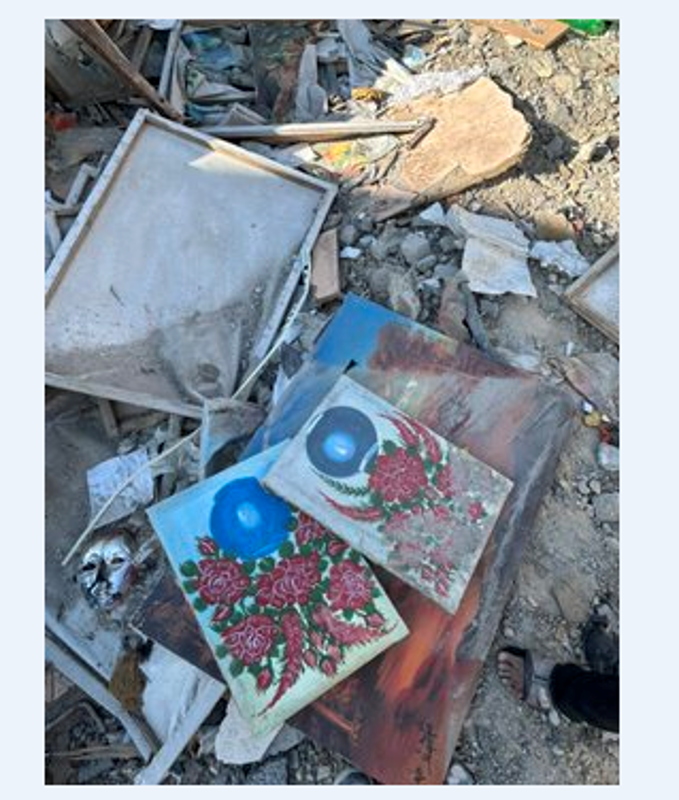
ROLA also shared the “emptiness and sorrow” her neighbor has endured since returning to the territory following the ceasefire, grieving the loss of his son amid the ruins of his home.
“My neighbor has spent the past three days sitting over the rubble of what was once his home, mourning the loss of his eldest son. He does nothing but weeps, his tears soaking the ruins as he recalls memories of his boy," he wrote.
"Every day, he sits in silence, overwhelmed by pain, unable to move on from the devastation around him."
She also described her return to Rafah as a journey fraught with “caution” due to the “countless mines and explosives” left behind by the Zionist enemy.
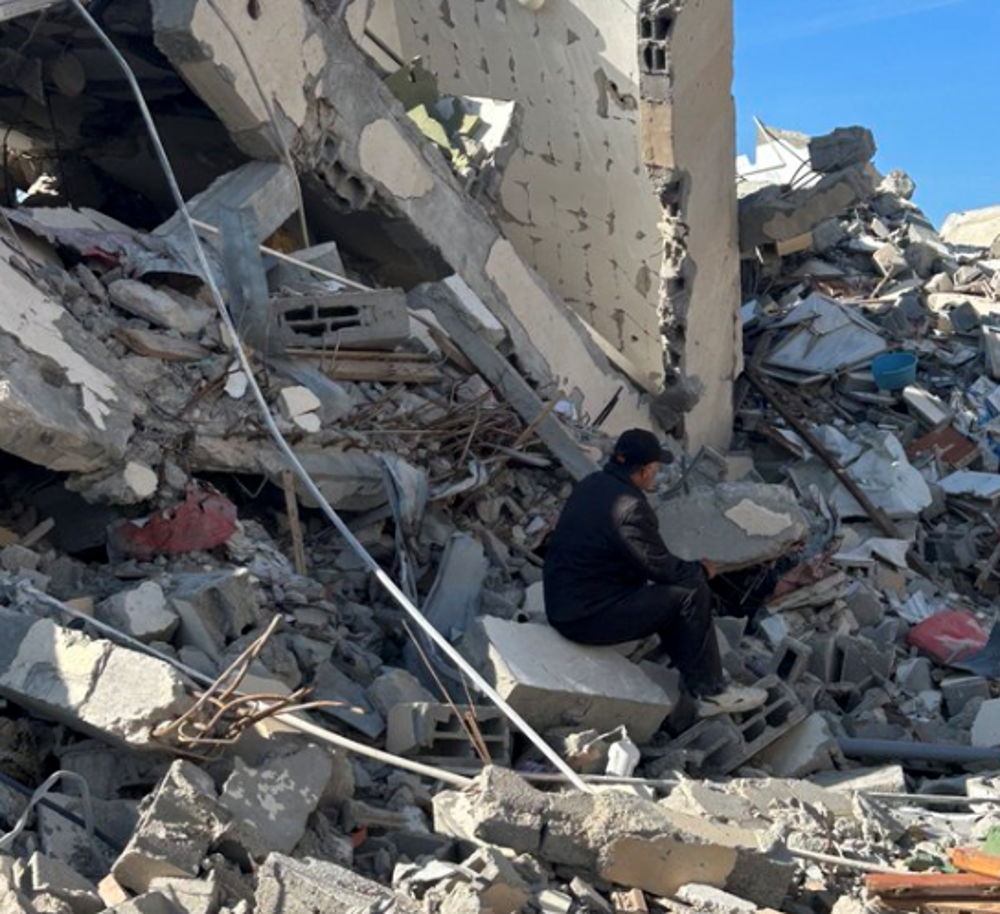
“The ruthless enemy left behind countless mines and explosives, turning what was once home into a perilous landscape. Walking through the destruction, I couldn’t help but feel the weight of fear and uncertainty with every step,” she recounted.
Her return to Rafah was not only dangerous but also deeply emotional. “It was a pain beyond words.”
“The scene was overwhelming, and I couldn’t stop the tears from flowing. All the memories, the love, and the life I had built there came flooding back, only to collide with the harsh reality of devastation. My heart shattered as I stood there, struggling to grasp the extent of the loss.”
Another X account, by the name 'Jeni from Gaza', shared a photograph of a teenage boy, her brother, standing amidst the rubble of a house that once saw hustle and bustle.
“This is my autistic brother Aser standing in front of our home, he was so happy in the morning when we told him he'll be going to Rafah, but when he came back I saw nothing in his eyes but disappointment. I promise I'll make up for everything he went through," she wrote.
"I love you hbb,” she added, in a message of calm reassurance that things would be good again.
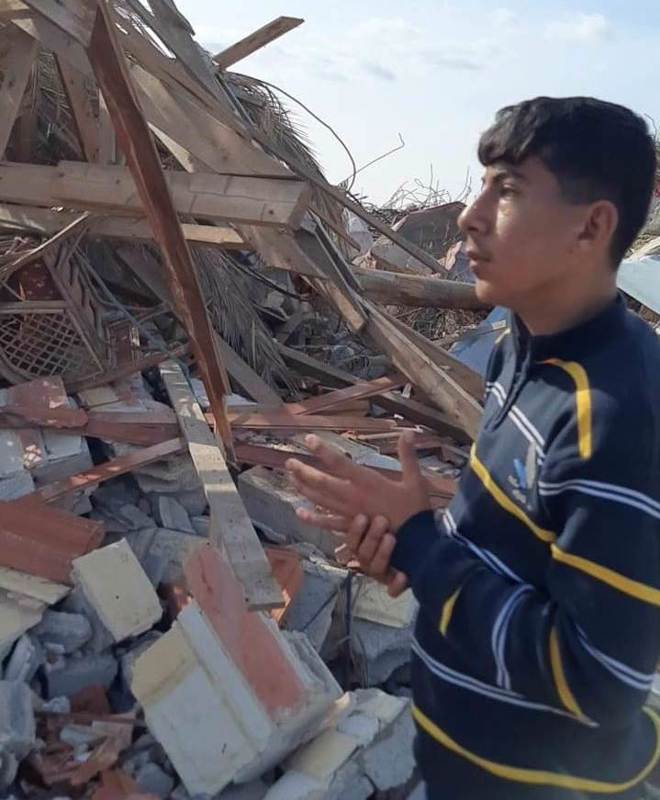
Jeni’s heartfelt post resonated deeply, capturing the silent pain etched on Aser’s face—a reflection of the shattered dreams and the heavy toll the war has taken on Gaza’s children.
Her promise to bring joy back into her brother’s life stands as a testament to the resilience and love that endure even in the face of such overwhelming loss.
Ramy Abdu, head of the Euro-Med Human Rights Monitor, shared his pain on X by posting a video of his cousin’s daughter singing in front of a group of students dressed in black and white.
“Raghad Saleh Farwana, my cousin’s daughter, was a brilliant child who chaired her school’s student parliament. Killed by Israel on October 15, 2023, during the Gaza genocide,” he wrote.
“All day, our family has been trying to retrieve her body from under the rubble, but all attempts have failed. Israel continues to block the equipment needed to recover thousands of victims.”
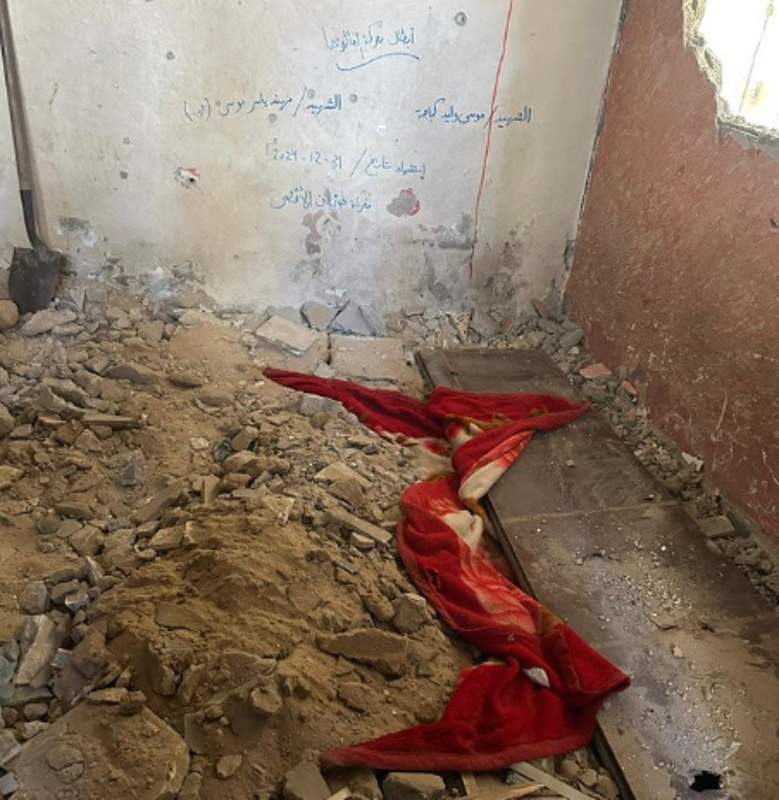
American journalist Abby Martin also shared a heart-wrenching account of the grief endured by Moaz Mousa, a videographer from Gaza Fights For Freedom, on the first day after the ceasefire.
“Moaz Mousa spent the first day of the ceasefire walking miles to get burial shrouds for his fifth brother he discovered murdered by Israelis. He found his body under the rubble and dug a grave with his bare hands to bury him alongside his other brothers,” Martin wrote.
However, despite the ceasefire in place, the Israeli regime continues to attack civilian targets and claim innocent lives. Civil defense in the Gaza Strip on Friday said at least 20 Palestinians have been killed by the Israeli occupation army in Rafah city since the start of the ceasefire agreement last Sunday.
On Saturday, as part of the second phase of the truce deal, Hamas released four female Israeli soldiers it had captured during Operation al-Aqsa Flood on Oct. 7, 2023, in exchange for 200 Palestinian abductees who spent decades in Israeli prisons.
There were jubilant scenes in Ramallah, occupied West Bank, as freed Palestinians were paraded through the streets by people as they chanted "Free Palestine" slogans.
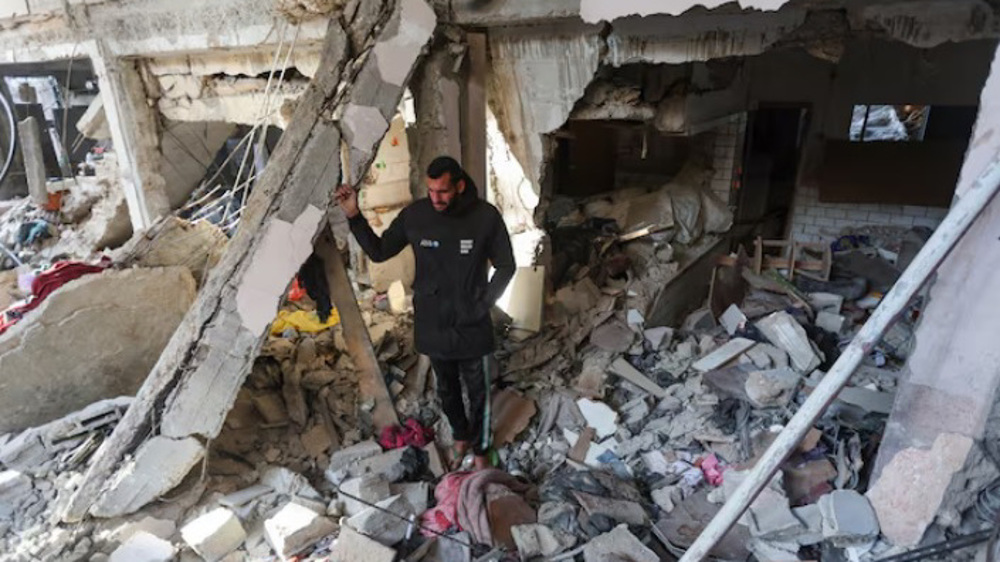
Israeli military uses human shields in Gaza ‘at least six times a day’
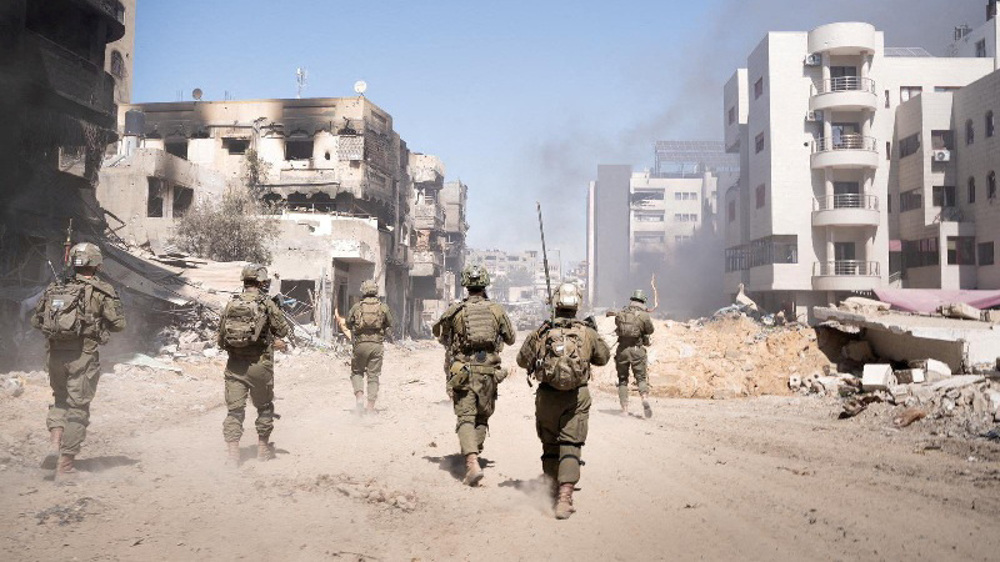
Israel expands war on Gaza Strip to seize 'extensive territory'
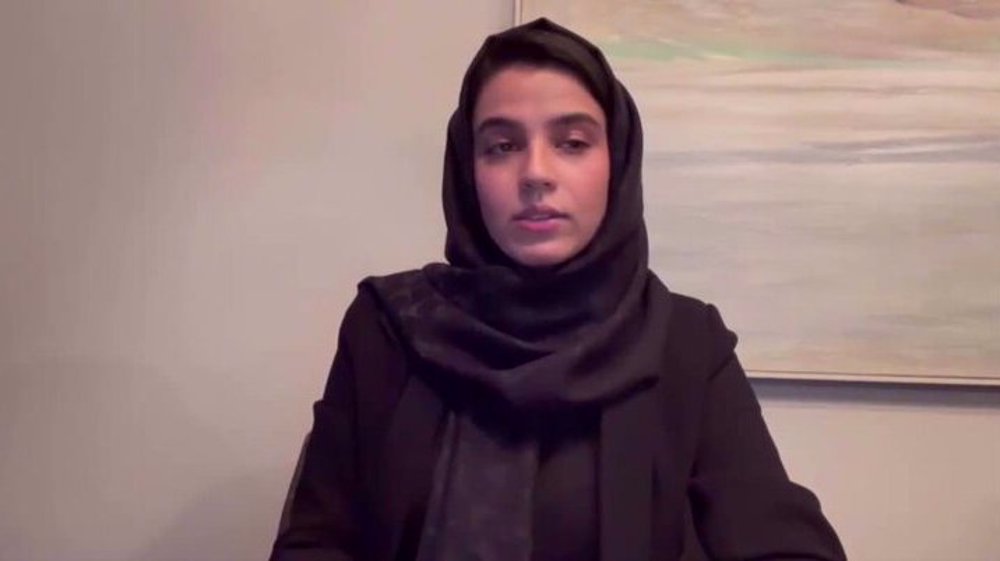
Top US universities normalizing 'fascistic governance’: Fired Iranian scholar
Trump ‘not ruling out’ Iran's offer of indirect nuclear talks: Report
Israeli military uses human shields in Gaza ‘at least six times a day’
Israel expands war on Gaza Strip to seize 'extensive territory'
Top US universities normalizing 'fascistic governance’: Fired Iranian scholar
Report: Saudi, UAE, Qatar, Kuwait ban US warplanes for strikes
VIDEO | The day Iran said yes
More journalists killed in Gaza than in both World Wars combined: Report
US lawmakers move to block arms sales to Israel amid Gaza war


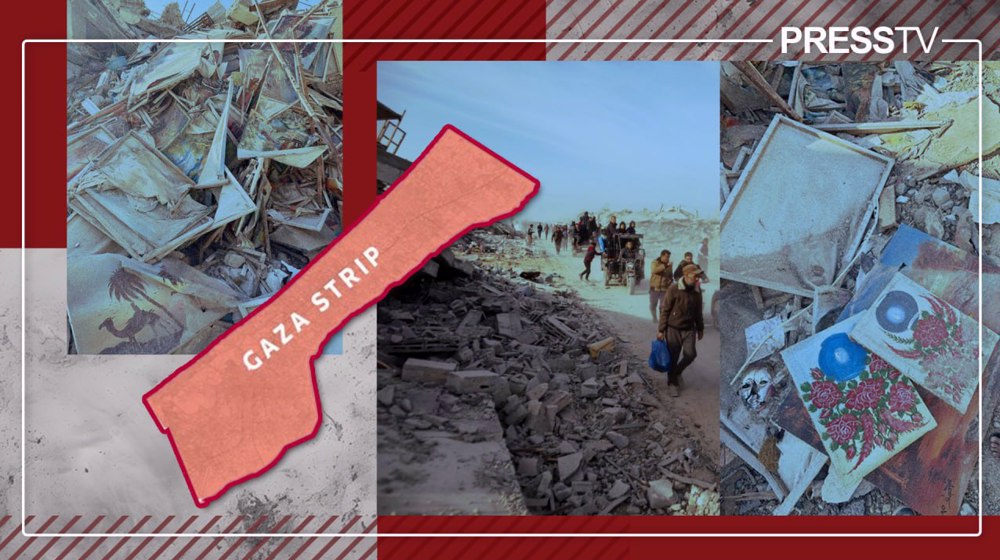



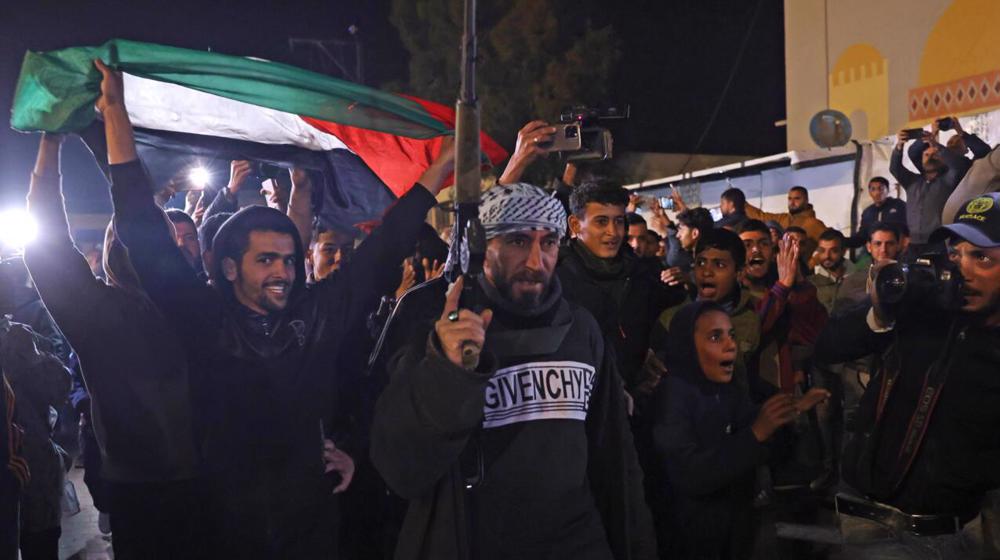
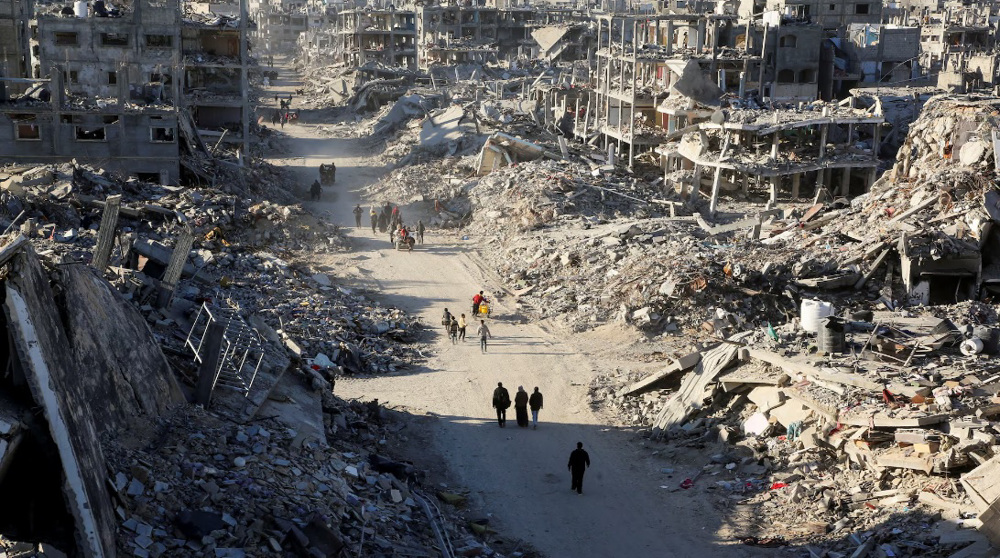
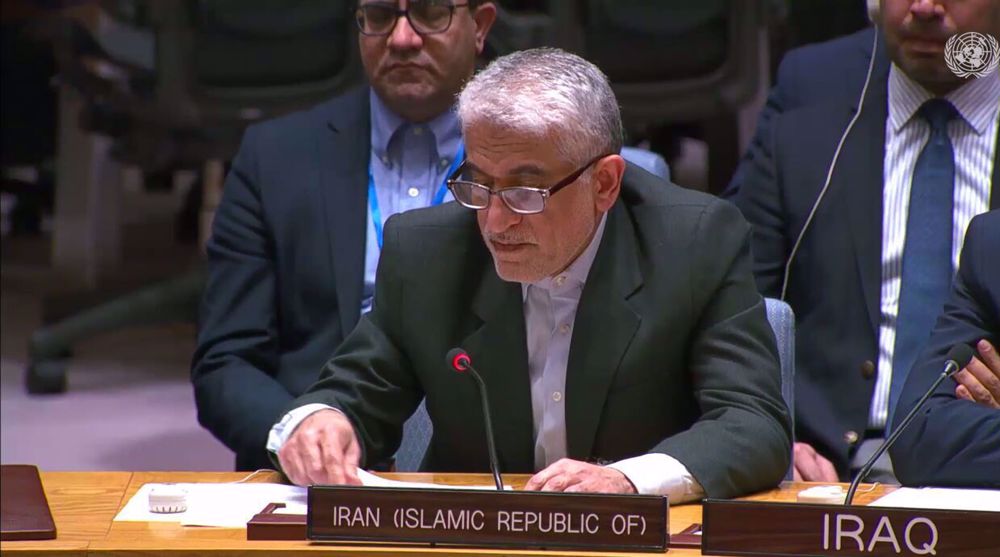
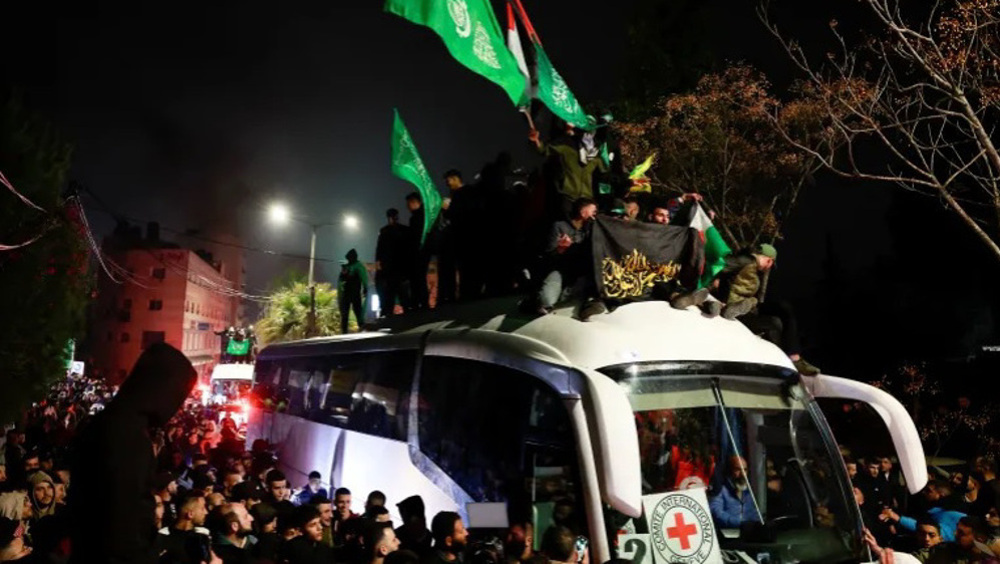

 This makes it easy to access the Press TV website
This makes it easy to access the Press TV website